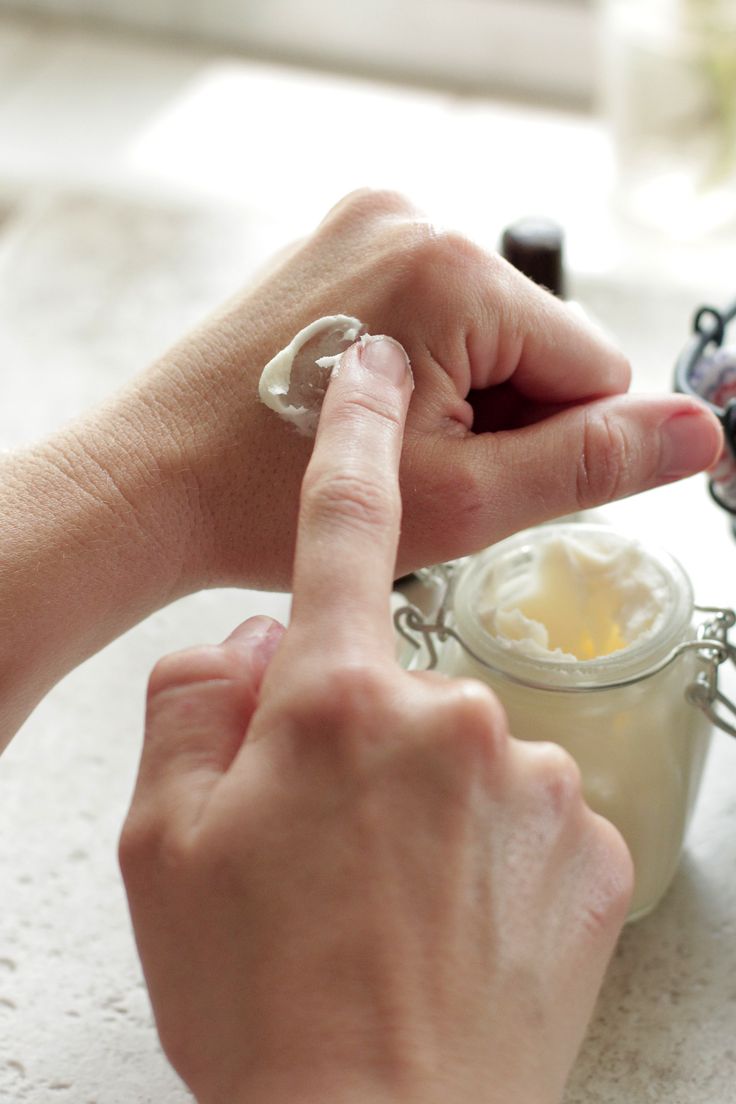 We also must consider when we are in environments different from the norm, the impact it has on our skin.
We also must consider when we are in environments different from the norm, the impact it has on our skin.Cold air and wind can deplete the skin of our natural oils, resulting in redness, irritation, and tightness. It’s very important to hydrate the skin with the correct skin products on a regular basis, especially if you’re going to be spending time in a completely different environment Use the right products per weather conditions when you're traveling.
1. Book an Appointment
Seek recommendations and a facial from an esthetician or dermatologist, even once is a good investment. Such a specialist can analyze and advice
 a skin care regimen.
a skin care regimen.2. Increase the Moisture
As weather conditions change, so should your skin care routine. Using oil-based or thicker creams, rather than water-based, as the oil will create a protective layer on the skin will retain more moisture. Ensure they are non-comodegenic, "nonclogging" oils. Also, look for lotions containing "humectants," a class of substances (including glycerine, sorbitol, and alpha-hydroxy acids) that attract moisture to your skin.
3. Yes, Sunscreen
No, sunscreen isn't just for summertime. Winter sun -- combined with snow glare -- can still damage your skin. Try applying a broad-spectrum sunscreen to your face/neck with at least 30 spf and your hands (if they're exposed) about 30 minutes before going outside. Reapply frequently if you stay outside a long time.
4. Extra Love for Hands and Feet
 The skin on your hands is thinner than on most parts of the body and has fewer oil glands. That means it's harder to keep your hands moist, especially in cold, dry weather. This can lead to itchiness and cracking. Wear gloves when you go outside and socks on your feet. Use exfoliants to get the dead skin off periodically; that helps any moisturizers you use to sink in faster and deeper. Adding an occlusive lotion like Aquaphor, Vaseline, or Glycerin before bed and covering with socks and mits, can offer an extreme treatment of moisture.
The skin on your hands is thinner than on most parts of the body and has fewer oil glands. That means it's harder to keep your hands moist, especially in cold, dry weather. This can lead to itchiness and cracking. Wear gloves when you go outside and socks on your feet. Use exfoliants to get the dead skin off periodically; that helps any moisturizers you use to sink in faster and deeper. Adding an occlusive lotion like Aquaphor, Vaseline, or Glycerin before bed and covering with socks and mits, can offer an extreme treatment of moisture. 5. Sleep With a Humidifier
Central heating systems (as well as space heaters) blast hot dry air throughout our homes and offices. Humidifiers get more moisture in the air, which helps prevent your skin from drying out. Place several small humidifiers throughout your home; they help disperse the moisture more evenly. It will help with overproduction of oil in skin due to lack of hydration = more breakouts, and give you a hydrated glow.
6. Hydrate for Your Health, Not for Your Skin
Water is good for your overall health and "the skin of someone who is severely dehydrated will benefit from fluids. But the average person's skin does not reflect the amount of water being drunk," Kenneth Bielinski, MD, a dermatologist in Oak Lawn, Ill., tells WebMD "It's a very common misconception."
7. Peel or Not to Peel
If your facial skin is uncomfortably dry, avoid using harsh peels, masks, and alcohol-based toners or astringents, all of which can strip vital oil from your skin. Instead, find a cleansing milk or mild foaming cleanser, a toner with no alcohol, and masks that are "deeply hydrating," rather than clay-based, which tends to draw moisture out of the face. And use them a little less often. However, I do advice for other skin conditions to try peels which can help reduce sun damage, hyperpigmentation, resurface texture, combat breakouts, and fight aging. Winter is the best time to conduct these, due to less sun exposure. But still protect your skin!
8. Shower Too Hot?
Sure, soaking in a burning-hot bath feels great after frolicking out in the cold. But the intense
 heat of a hot shower or bath actually breaks down the lipid barriers in the skin, which can lead to a loss of moisture. "You're better off with just warm water," LaPlante advises, "and staying in the water a shorter amount of time."
heat of a hot shower or bath actually breaks down the lipid barriers in the skin, which can lead to a loss of moisture. "You're better off with just warm water," LaPlante advises, "and staying in the water a shorter amount of time."A lukewarm bath with oatmeal or baking soda, can help relieve skin that is so dry it has become itchy, Bielinski notes. So, too, can periodically reapplying your moisturizer. If those techniques don't work, go see a dermatologist. "You may need a prescription lotion to combat the dry skin," Bielinski says. "Or you may have a condition that isn't simply dry skin and that requires different treatment."
with love...
#Winter #skincare #travel
